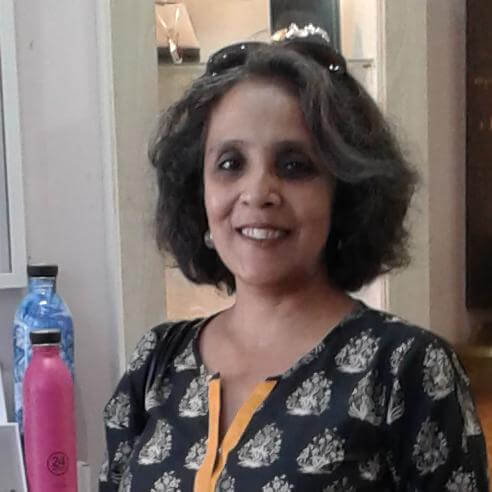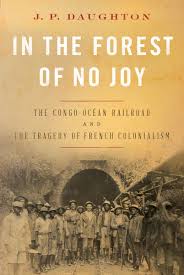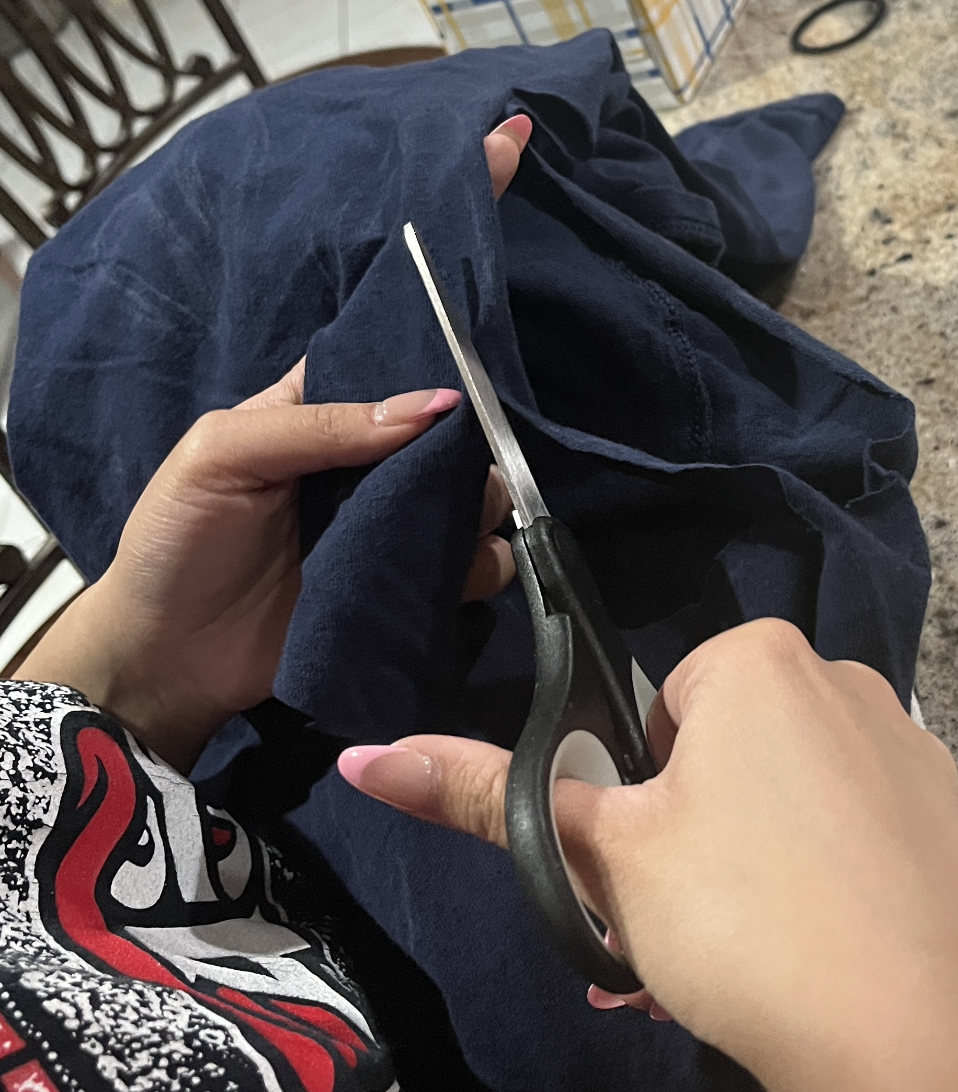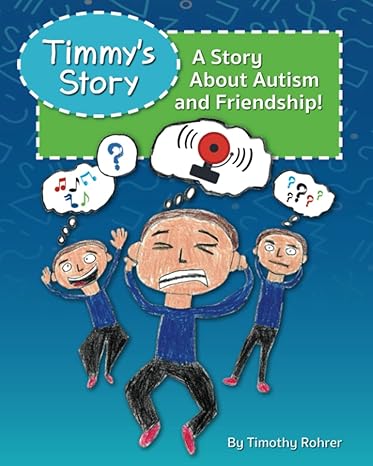Documentary Focuses On Women And Migration

November 7, 2022
Brookdale gathered about two dozen people from all over the world to view the 16-minute film “Outbound/In: Locating Women’s Boundaries” as part of a Zoom presentation Friday, Nov. 4.
A documentary by Shashwati Talukdar, the film is the product of a collaborative project between the filmmaker and Brookdale Sociology Professor Diditi Mitra and Nida Sajid, a professor of Asian and Middle Eastern studies at the University of Minnesota.
Presented as part of the Global Citizenship Project’s theme of transcending divisions, the film focuses on Sikh migration from Punjab, India. The Sikhs are a religious minority originating from the Punjab region of India.
Zoom attendees from India, Minnesota and New Jersey viewed the film and then the creators took questions and discussed their process.
The documentary showed interviews with three Sikh women with one living in the United States and the other two in Punjab. The documentary showed these women’s views on international migration.
People often migrate from Punjab to obtain lives not possible at home, though this is not the only reason people leave the area, the creators explained.
“The motivations of people leaving Punjab are very different,” Mitra said, noting that for the most part it is to pursue a better future for themselves and their family. “There’s no one story to be told.”
As part of her research leading up to the film project, Mitra said she interviewed cab drivers in New York City. She said she had an advantage in the interviews since they were more likely to talk to her because of her gender.
“The drivers in the city were from the rural areas of Punjab,” Mitra said. Many of them come from there because of how unprofitable agriculture has become in the Punjab region of India. “The agricultural return is less, so the path out is immigration.”
Among the things the filmmakers focused on are women’s roles in deciding whether to leave Punjab or not. Through their interviews, they realized that women have great input into these decisions with some women choosing to remain in India while their husbands come to the United States to work.
“There are people who choose not to migrate, and that’s an interesting story,” Mitra said. “The more we learn the more we realize how much we don’t know.”
The filmmaker, Talukdar, said she had begun the project believing that most people in Punjab wanted to migrate and that women had little agency in the decision and through the process learned neither of these things were true.
Mitra, who traveled to the region to make the film, said she “was very curious to see Punjab and see for myself.”
All of the filmmakers talked about how important it is to learn about others who seem different from ourselves to find commonalities. In fact, one of the women interviewed is a New Jersey resident.
The documentary will soon be made available on the Global Citizenship Project’s YouTube page.


























